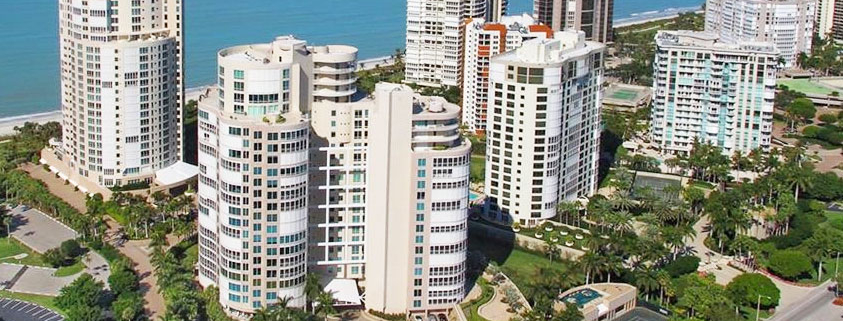Can you legally stop rude behavior by residents?
More and more recently Condominium and Homeowner’s Associations have informed us of residents who have been behaving rudely to their neighbors. We have been asked what, if anything, can legally be done to stop such bad behavior.
For some reason, it appears a few people today find it perfectly acceptable to curse and swear at their neighbors, threaten them with bodily harm or make abusive and bullying type comments. Maybe this poor behavior is being learned and emulated from social media, interviews and speeches of some celebrities and new music lyrics where quite a bit of profane and obscene language is bantered about in a nonchalant way.
For many old school types, being on the receiving end of such language and aggressive behavior is quite disturbing. Of course if someone is threatened with physical harm or attacked in an aggressive manner, it might be prudent to call the police or sheriff before such threats or acts get out of hand. Sometimes it is important to determine between two individuals involved in an altercation who really is the abuser or attacker and who really is the victim. Sometimes the most vocal at the time of an incident is lying and claiming to be the victim when in actuality they are the perpetrator. It often takes time for others to ferrate out such a truth as lies can be uttered quickly and finding the truth can take time to reveal the lies.
Many times the rude behavior and language does not quite rise to the level of law enforcement intervention but is still quite shocking to many.
Although most governing documents for condominium and homeowners’ associations will have a nuisance provision, such a provision may just not cover the type of behavior we are talking about so the association may not have good legal means to get such behavior to stop.
A typical nuisance provision in an association documents reads something like: “No owner shall use his unit or the common elements or permit his unit or the common elements to be used, in any manner which constitutes or causes an unreasonable amount of annoyance or nuisance to the occupant of another unit, or which would not be consistent with the maintenance of the highest standards for a first class residential condominium, nor permit the premises to be used in a disorderly or unlawful way. The use of each unit and the common elements shall be consistent with existing laws and the condominium documents, and occupants shall at all times conduct themselves in a peaceful and orderly manner.”
It may be difficult to show that the kind of rude behavior we are discussing rises to a level of a nuisance or unreasonable amount of annoyance although it may be quite disturbing.
In order to bring such bad behavior into the fold of a nuisance or unreasonable amount of annoyance, we have suggest associations may want to amend the governing documents to includes something like: “No owner, tenant or gust may disturb any other person on the property with the use of profane, obscene, threatening or abusive comments or conduct.”
With this type beefed up nuisance language, we believe association residents experiencing rude and nasty behavior from their neighbors will then have the legal grounds to successfully bring legal action against them and be able to also recover prevailing party attorney’s fees if litigation becomes required in order to stop their bad nuisance behavior.
Maybe society is getting to the point where the pendulum is starting to swing the other way where civilized people aren’t going to condone or put up with nasty rude behavior of the few anymore. Sticks and stones will break bones and words can hurt people. It reminds me of the old saying that a really good comedian never has to curse. Likewise, good clever folks can make their point without having to go to the gutter of throwing profanity around.
However, until the low-lives “get it” to change their ways, you might want to amend your governing documents to add some teeth into your ability to make them stop.

